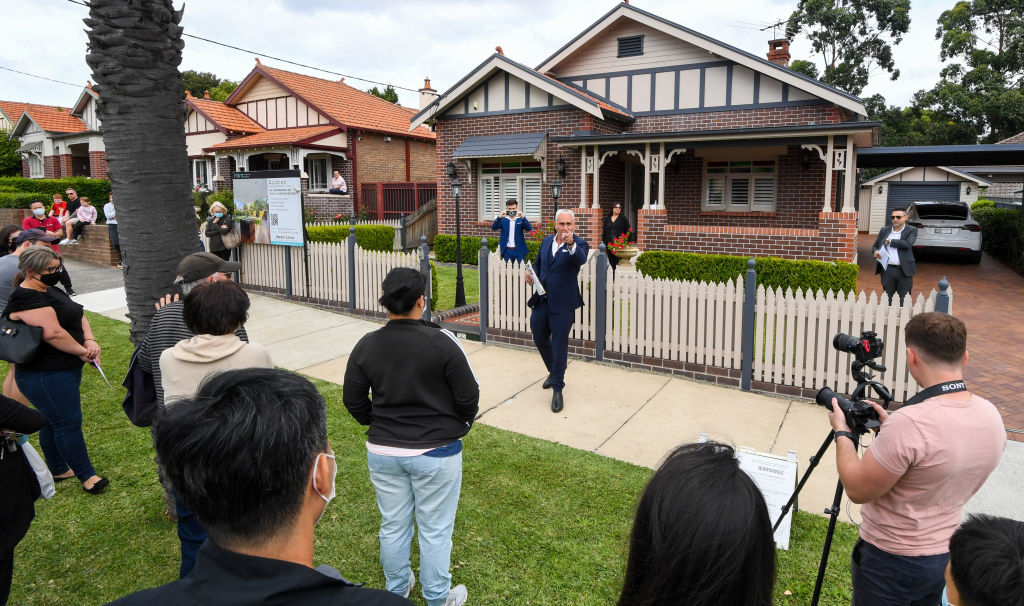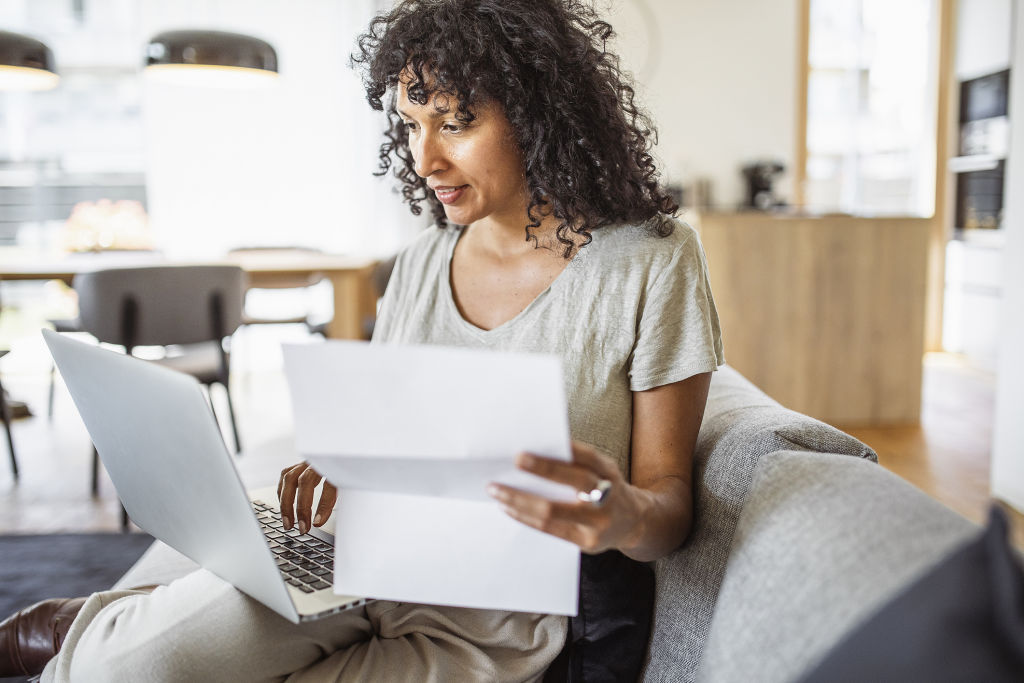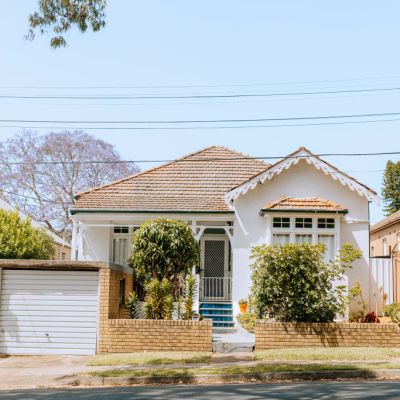What are the risks and advantages of buying property with a small deposit?
On average, first-home buyers spend over five years saving up that elusive 20 per cent deposit in order to buy their first home. But many are now taking the option of purchasing with a smaller sum of money.
It is certainly possible to buy with just 10 per cent or even, occasionally, 5 per cent, but it’s critically important to understand both the risks and rewards of such an approach.
“Before taking that step, it’s very important to get some good advice on whether it will work for you,” says Domain Home Loans chief executive Kareene Koh. “It definitely comes with a risk that it could prove much more expensive in the long run.
“In other circumstances, it could be a smart thing to do, but it depends on individuals’ circumstances, the state of the market and what, exactly, is on offer.”
So what are the principal things anyone considering such an approach should consider?

What is the market doing?
If the market is going up, and prices are increasing, buying sooner with a smaller deposit could be a wise step. If you spend a lot of time out of the market saving up 20 per cent of the price of the kind of property you want to buy, prices could continue their upward trend and leave you high and dry.
“It’s always about the opportunity cost,” said Peter Kaleski, co-founder of SmartMoney Wealth Management. “It can be quite advantageous to get into the market sooner when it’s rising – and quite the opposite when the market is falling.
“But when prices are going up, you could be standing on the sidelines, with the 20 per cent of the deposit also going up and up and you’re left chasing your tail and missing out on the general lift in property values.”
Jumping in early also means that you might be able to buy a higher-priced home – something that would take you a much longer time, normally, to save up the 20 per cent deposit on.
By the same token, when the market is falling, getting in early with less equity means you’ll run the risk of losing money as values slump and possibly ending up with negative equity.
What will the cost be?
Offering a smaller deposit means you’ll be taking out a bigger loan which entails higher repayments for a start. Secondly, the bank might choose to charge you a higher rate of interest on your loan. And, even more expensively, you might end up having to pay lenders’ mortgage insurance (LMI).
“It’s the penalty you’ll have to pay for increasing your risk profile with the likelihood you might not be able to pay the loan back,” Koh said. “So any saving you might be making on getting into the market earlier with prices going up could well be spent on much higher costs like that LMI.
“It’s not an insignificant sum and can run into the thousands, or even tens of thousands, of dollars. You have to decide whether you are desperate enough to get into the market to justify paying those extras.”
LMI is insurance for the lender in case you default on their loan, said Paul Feeney, founder and chief executive of online financial advice platform Otivo. “And if you’re buying in a city like Sydney, that can add up to a massive sum.
“Since you’re borrowing a higher proportion, you will also be more susceptible to any future interest rate rises.”
Comparison website Finder estimated that paying a 5 per cent deposit on a $500,000 home might cost $15,888 in LMI premiums upfront, and $398 more a month in repayments than on a loan where a 20 per cent deposit had been raised. Over the life of the loan, the low-deposit home loan worked out to be $159,184 more expensive.
Are there any grants that can help?
Feeney says buyers may qualify for a number of grants, depending on where they live and how much they’re paying. The First Home Guarantee is one such grant, through which first-home buyers can buy a property with a 5 per cent deposit and avoid LMI.
There’s also the Family Home Guarantee that enables single parents to buy homes with just a 2 per cent deposit and skip LMI, and the Regional First Home Buyer Guarantee for those buying or building a new home in country areas with a 5 per cent deposit and no LMI.

How about talking to the bank?
Koh says that different banks may offer more favourable terms for buyers with smaller deposits. If you can raise 15 per cent, for instance, some might waive the remaining 5 per cent.
For those paying less than the usual 20 per cent, others might agree that you don’t have to pay a higher rate of interest, either. “It’s always important to talk to a broker who can advise you what’s on offer from all the lenders,” Koh said.
There will always be some vendors, though, who will be unwilling to accept a lower deposit.
Any other risks?
Your loan-to-value ratio (LVR) will be higher when you pay a smaller deposit, so your ability to refinance later on may well be impaired, Feeney said, adding: “That makes it a lot harder to get a better deal.”
Also, the economy might be slowing down, which could mean someone becomes unemployed, has their working hours cut or doesn’t receive that long-promised pay rise. “That can cause huge problems when you have a bigger-than-usual home loan,” Koh said.
“And then, if interest rates are suddenly hiked up, people can find themselves in real trouble.”
At the same time, however, if the market is rising, then their LVR will improve.
How much do you really want to buy a property?
If you think you can afford the higher costs, the market is rising and you’d be able to cope with more interest rate hikes, then Feeney has some advice: “Go crazy!” he urged. “Owning your own home is something many people really want.
“That’s especially if they’re having to cope with the rental market and all the uncertainty that involves. That’s a huge motivation for so many Australians today.”
We recommend
We thought you might like
States
Capital Cities
Capital Cities - Rentals
Popular Areas
Allhomes
More










